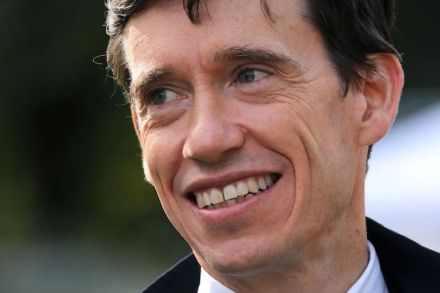Rory Stewart is the wrong man to revive Oxford’s fortunes
Rory Stewart is a successful podcast host, but would he make a good Oxford University chancellor? The former Tory MP is in the running to replace Chris Patten, who is retiring. Stewart is the bookies’ front runner in the race: ‘This is a very interesting idea and an amazing role,’ he said, ‘but I would naturally have to think hard about whether I am the right candidate’. Stewart shouldn’t have to spend too long thinking: he’s the wrong man for the job. In his brief Tory leadership campaign in 2019, Stewart’s limitations became clear. His support amongst Tory MPs soon fizzled out as he failed to make a significant impression in




















